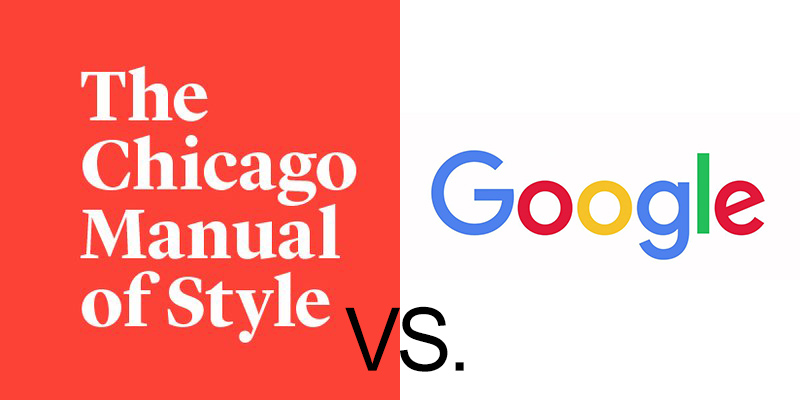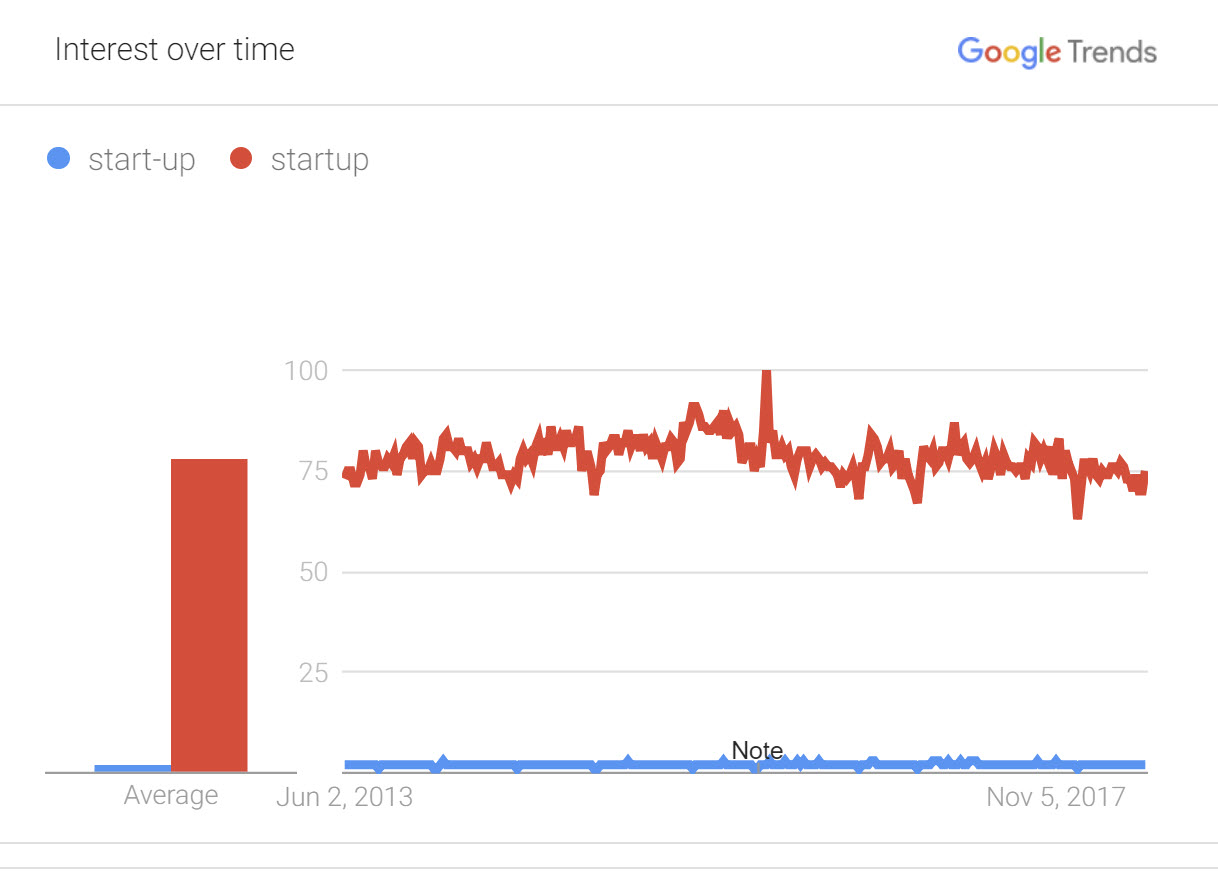Although English is not my mother tongue, it is my preferred language of daily communication and, after 27 years in the United States, my thinking language as well. I love English for its flexibility and agility and I treat it with great respect, when it comes to putting words in writing. Just as I look up to ISO, NIST, COSO and other standards and frameworks to guide me in my work, I routinely check with English grammarians, whenever I am not completely certain that I have it right. I also do it routinely to double-check my assumptions.
Although I have used the word startup for years, when I began writing about them in the context of my work, I went on Google and typed “startup or start-up grammar” in the search bar—just to be sure. A Quora article I found summarized the current grammar conventions clearly suggesting that the hyphenated version, the start-up, is the way to go. I went with this choice for a while, until I decided to apply a reliable quantitative metric to evaluate my decision. The world of blogging and online content creation is ruled by the search engines and no ruler is more authoritative today than Google. If you are writing content, as I do, in an effort to reach your audience, it pays to know what Google data say about your word choices. It does not take a degree in data analytics to understand that the Google Trends data collected over five years globally, illustrated by the comparative chart below, clearly favors the streamlined startup version of the term (for more detailed data breakdown, click here).
I shall continue to turn to the Chicago Manual of Style and The New York Times for grammatical standards guidance. On the other hand, in my writings, I am dropping the hyphen out of the word startup, because this is what most of the people looking for a startup-related service would do today.
Grammar rules, like the business environment, constantly evolve. For example, only very recently using a singular they became grammatically correct—years after people have started using it. In business, taking calculated risks and breaking established conventions is how progress is made. Before Airbnb, would you believe that someone would willingly give their Parisian apartment up for a stranger to stay in? Well, I stayed in one just a few weeks ago. The apartment was in a great location and available for an amazingly affordable price!
